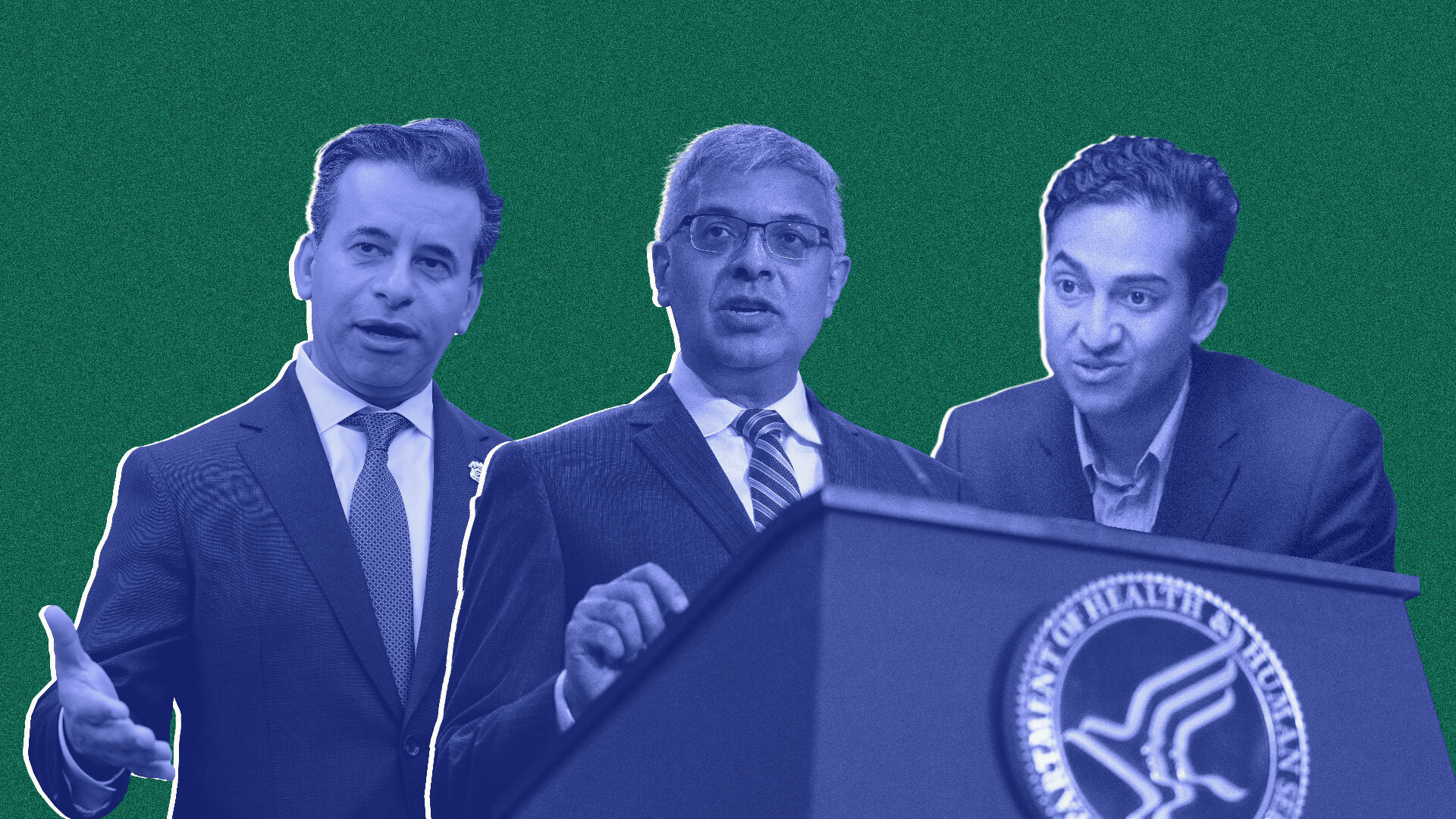What to do if you're worried about returning to work as coronavirus lockdowns are lifted
As states begin to ease coronavirus restrictions and more and more people are asked to return to work, there may be safety concerns about contracting the disease in workplaces. In the United States, there are several laws and guidelines designed to ensure employees are safe at work.
"There is a substantial body of law that governs and provides standards for employers," CBSN legal contributor Keir Dougall said Monday. "The occupational safety and health laws at the federal level require that the workplace be free from recognized hazards that are causing or are likely to cause death or serious bodily injury."
Employers should be following Centers for Disease Control and Prevention guidelines, Occupational Safety and Health Administration guidelines, Equal Employment Opportunity Commission laws and any state and local laws, said Dougall, a former assistant U.S. attorney in New York. For example, OSHA's guidelines for reducing the risk of coronavirus exposure include encouraging workers to stay home if they are sick, providing hand sanitizer and places to wash hands, regularly cleaning and disinfecting workplaces and encouraging workers to report safety and health concerns.
If you are concerned about the safety of your workplace, Dougall said the first step is to alert your employer.
"Talk to your employer first and see if you can work it out and get comfortable," he said. "If you're in a union, talk to your shop steward or talk to your union leadership."
Then, if those conversations don't solve the issue, you can reach out to a workers' rights advocacy group, state and local labor agencies or OSHA, the federal agency. As a last resort, Dougall said employees can find a lawyer who is familiar with their state's labor and employment laws.
"You can refuse to work, but that's tricky and that should really be based on more than just a feeling about the safety of your workplace," Dougall said.
The immediate concern for someone who refuses to return to work is loss of unemployment insurance. But, if you have alerted your employer to a violation and they have not fixed it, you can't legally be fired, Dougall explained.
"The legal standard is to be objectively reasonable about that. It can't just be based on your own fear, but if you've put your employer on notice, there's a real problem and they're not fixing it, well then you have a right to not go back to work," he said.
However, OSHA, the agency that would enforce the workplace laws, is typically slow to respond, according to Dougall.
"Right now, because of all of the workplace dislocation, they are focused only on the very highest risk areas," he said.
Dougall said he is "keeping a close eye" on the lawsuit filed against a Smithfield Foods pork plant in Missouri for "nuisance."
"Without relying on OSHA to enforce their rights, employees have sued for public nuisance, effectively for a demand that the employer improve their workplace," he said.



